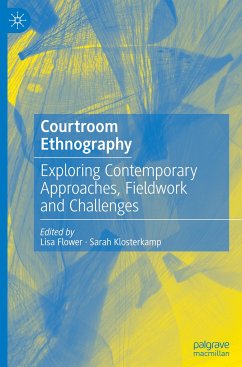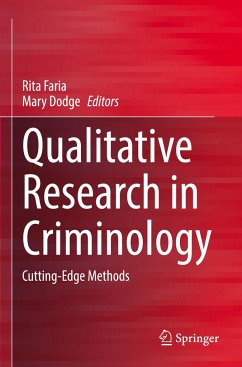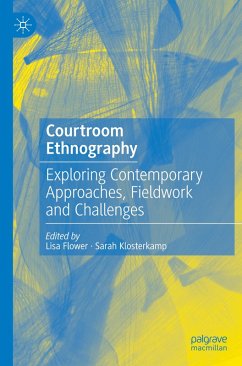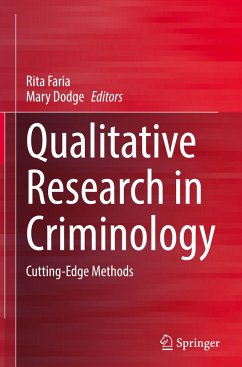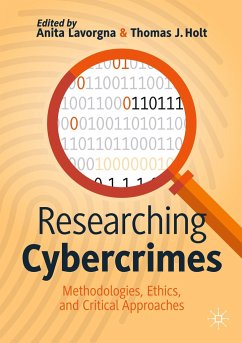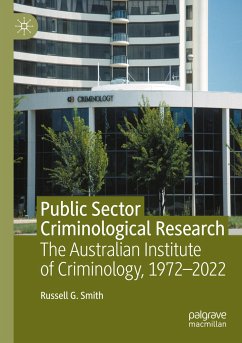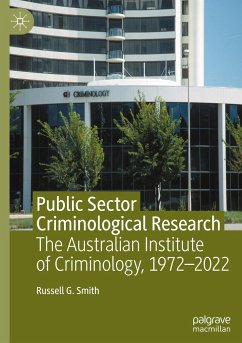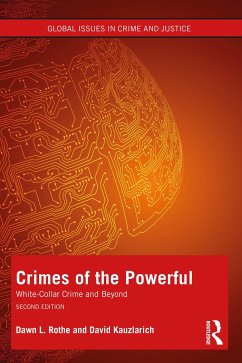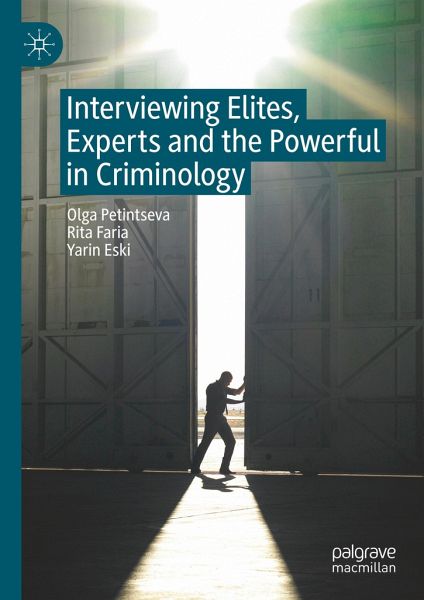
Interviewing Elites, Experts and the Powerful in Criminology

PAYBACK Punkte
19 °P sammeln!
This book offers practical advice on designing, conducting and analyzing interviews with 'elite' and 'expert' persons (or 'socially prominent actors'), with a focus on criminology and criminal justice. It offers dilemmas and examples of 'good' and 'bad' practices in order to encourage readers to critically asses their own work. It also addresses methodological issues which include: access, power imbalances, getting past 'corporate answers', considerations of whether or not it is at times acceptable to ask leading questions and whether to enter a discussion with a respondent at all. This book w...
This book offers practical advice on designing, conducting and analyzing interviews with 'elite' and 'expert' persons (or 'socially prominent actors'), with a focus on criminology and criminal justice. It offers dilemmas and examples of 'good' and 'bad' practices in order to encourage readers to critically asses their own work. It also addresses methodological issues which include: access, power imbalances, getting past 'corporate answers', considerations of whether or not it is at times acceptable to ask leading questions and whether to enter a discussion with a respondent at all. This book will be valuable to students and scholars conducting qualitative research.





